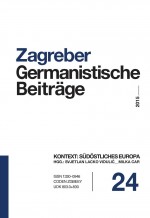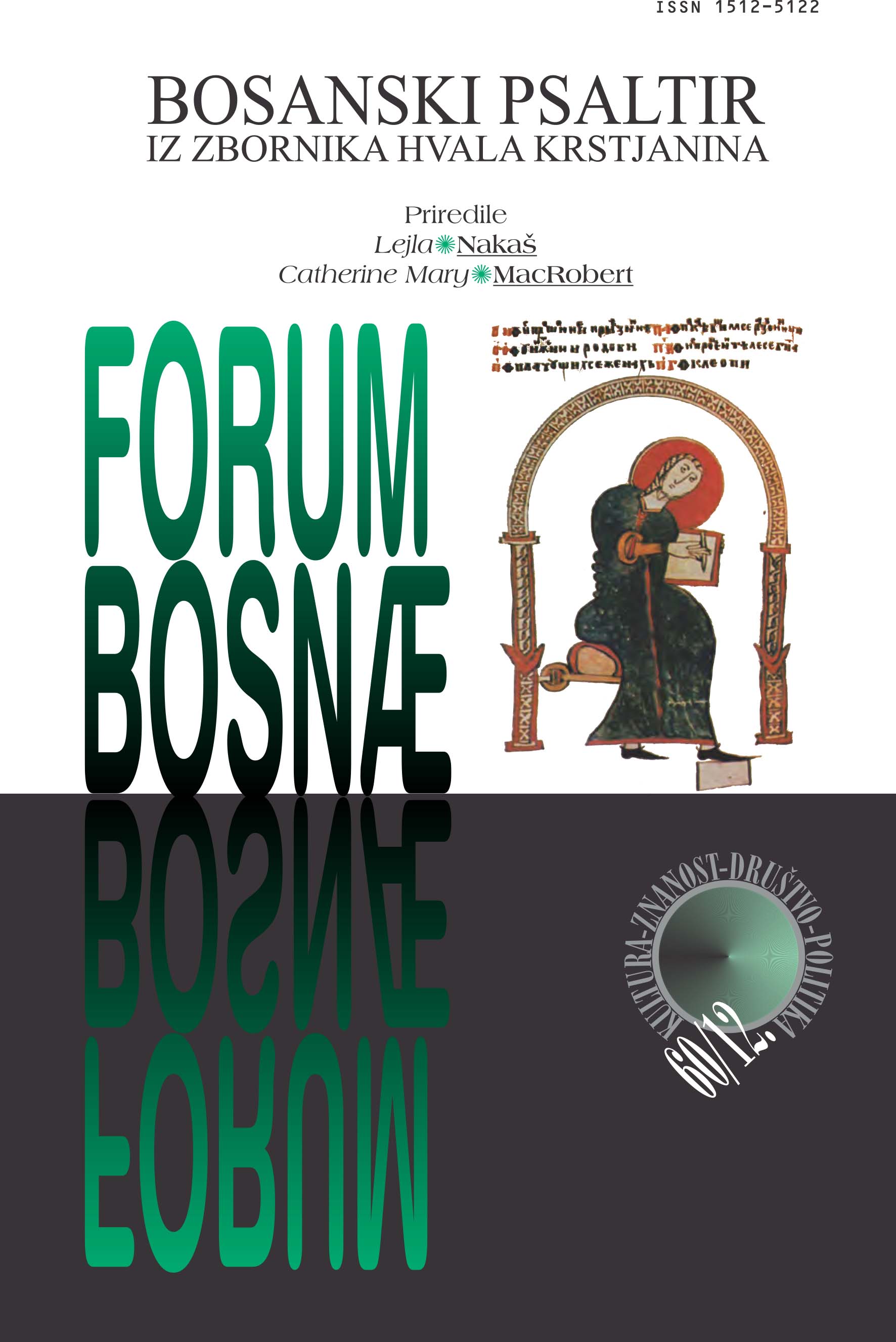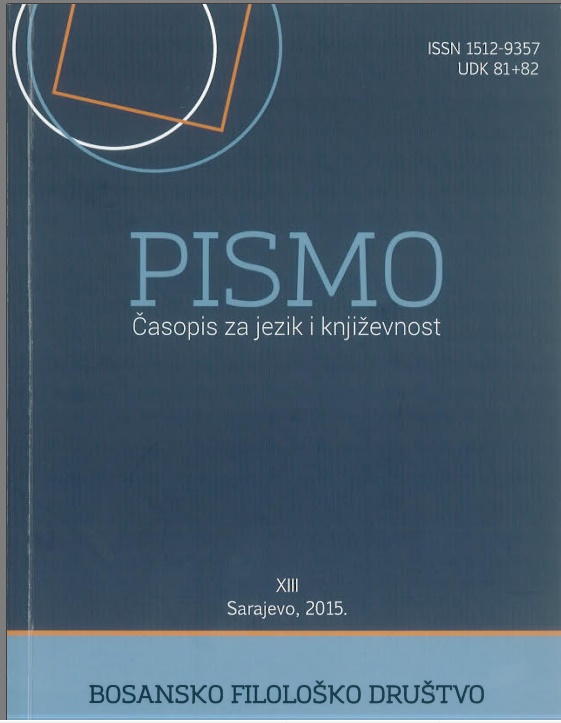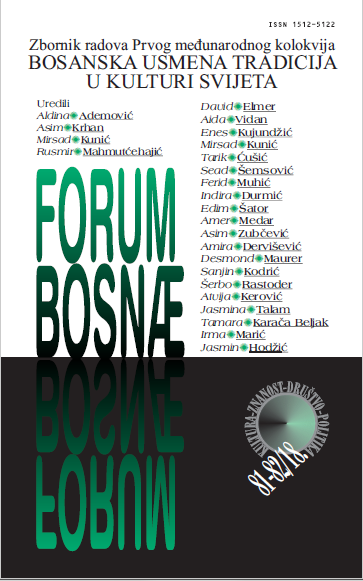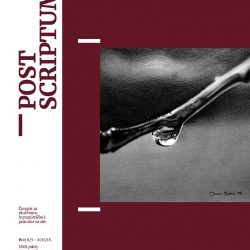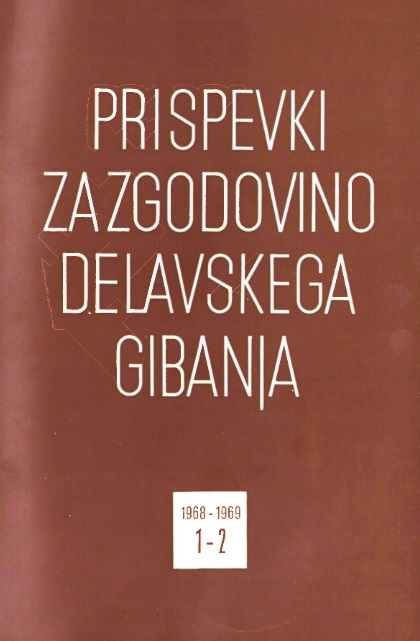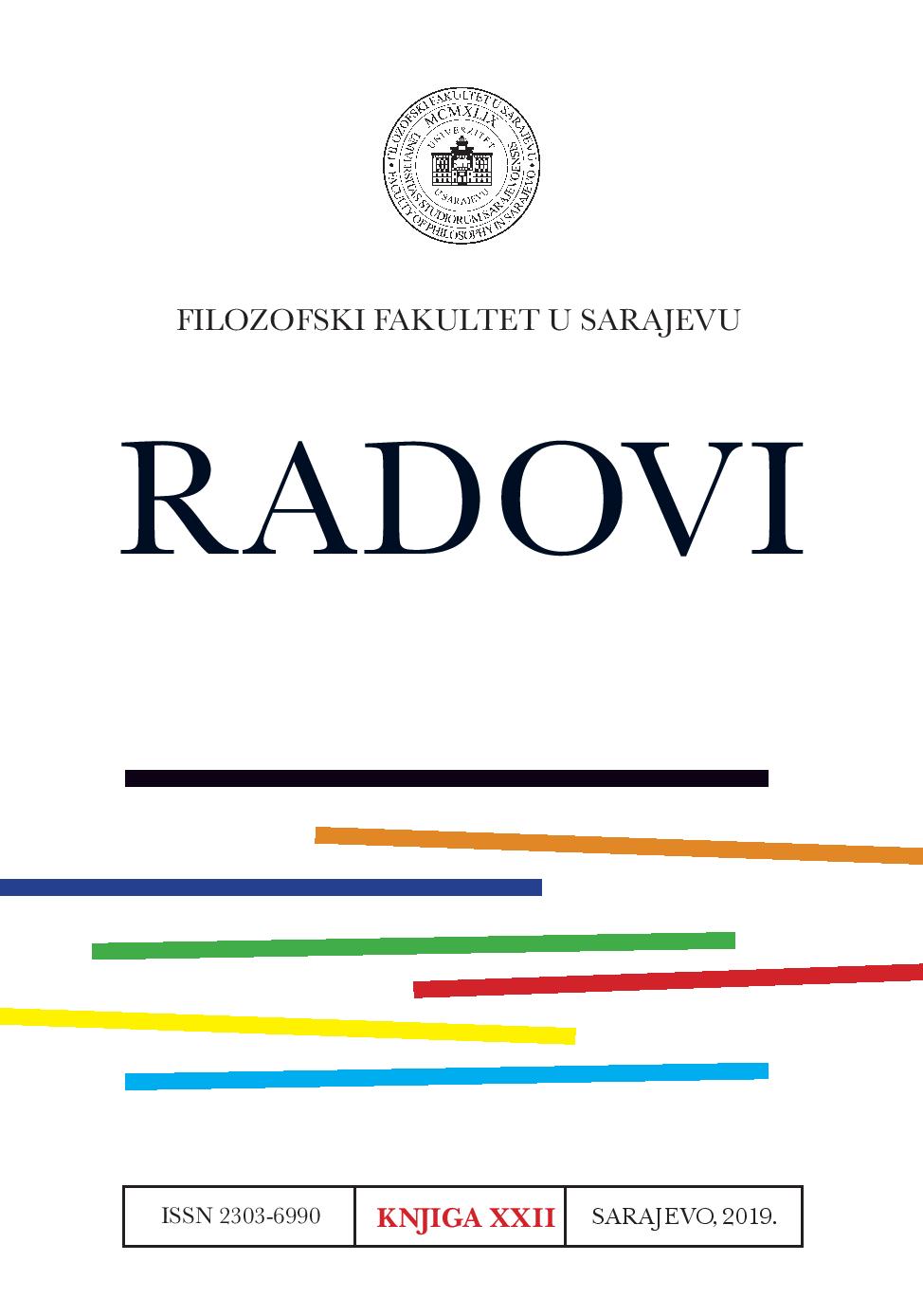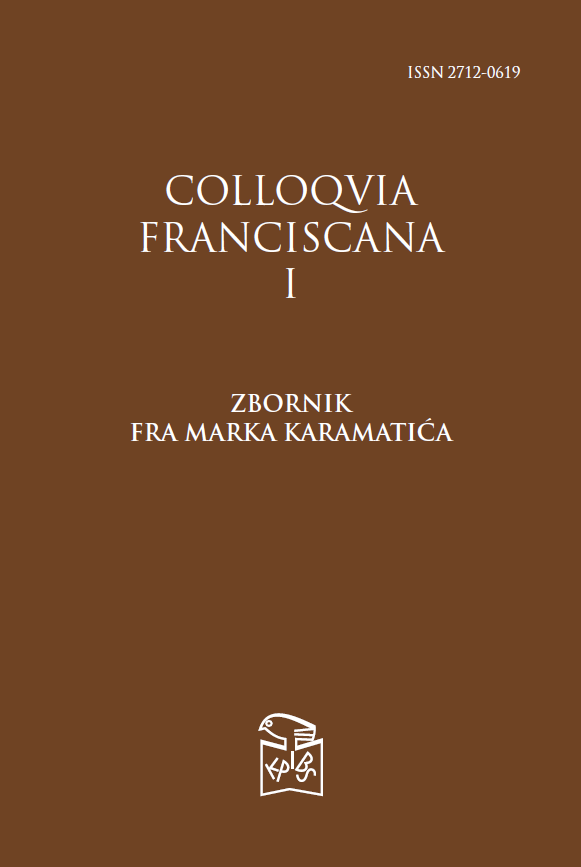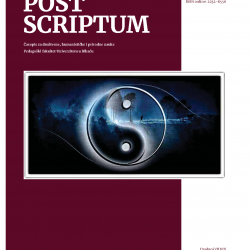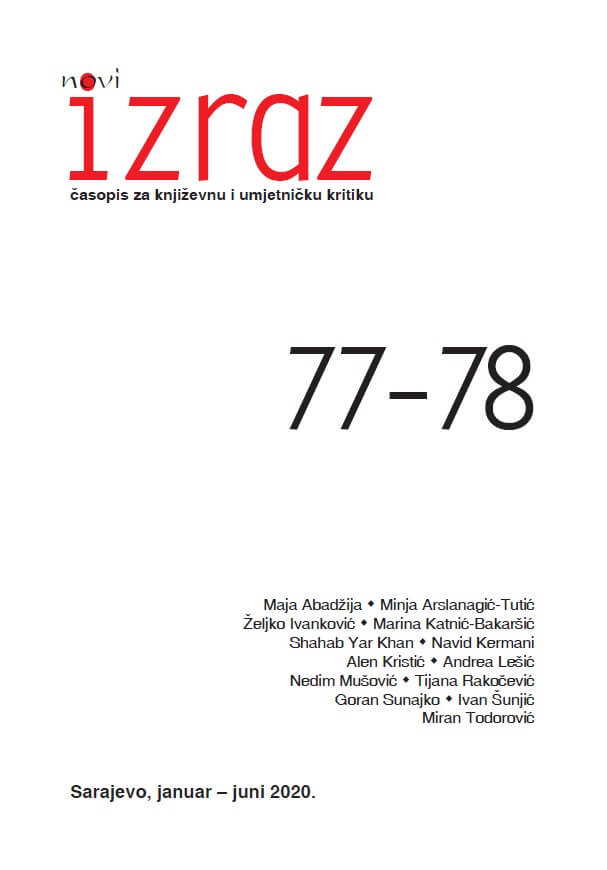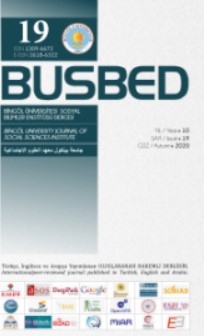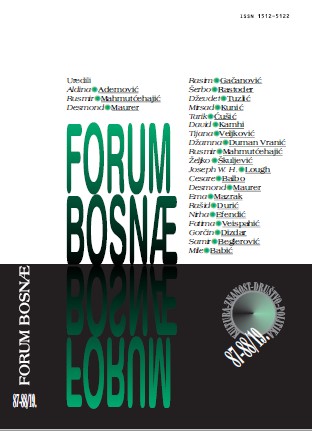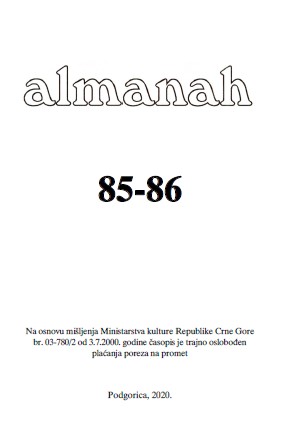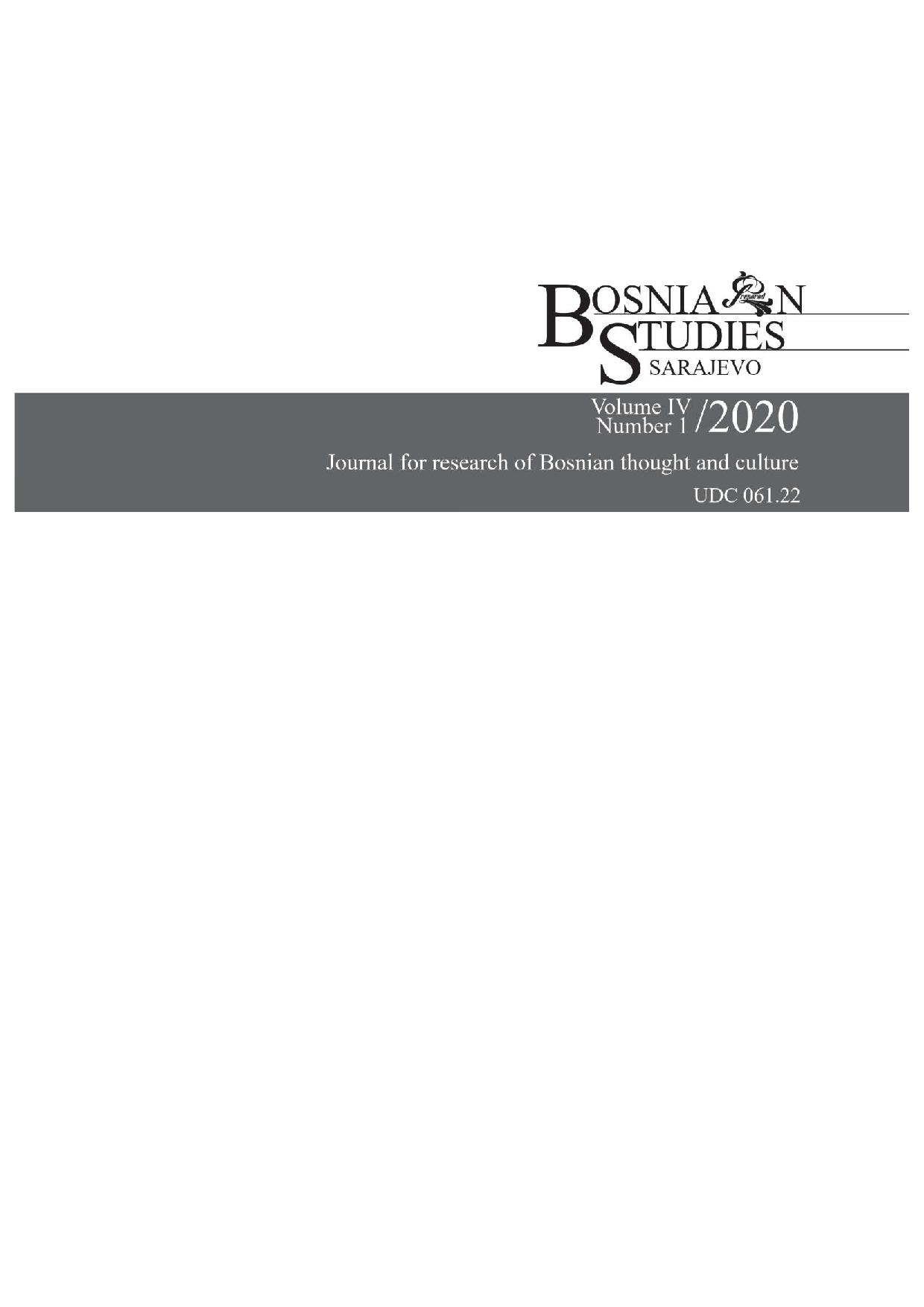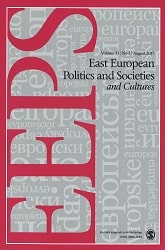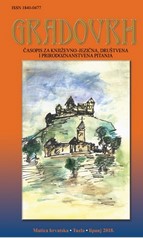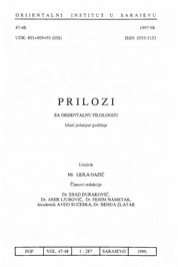Author(s): Nedim Mušović / Language(s): Bosnian
Issue: 77-78/2020
Polifonija književno‑istorijskih tokova je nešto na čemu se zasniva literarni odliv većine nacionalnih umjetničkih korpusa jednog podneblja, stoga se u procesu objedinjavanja duhovnih aktivnosti neminovno spajaju pisane tradicije različitih svjetova što je prvenstveno nametnuo nesretni bosanskohercegovački geostrateški položaj koji je nakon austrougarske okupacije krenuo pravcem modernih evropskih društvenih pravaca, unoseći u svoj, do tada prilično zatvoreni, izolovani i nedostupni svijet nove koncepte i nove funkcionalne pojave na koje se trebalo adaptirati, socijalno i mentalno uklopiti, kao i slobodno prilagoditi u svrhu korištenja njihovih postojećih kapaciteta i potencijala. Individualne nacionalne književnosti teško prihvataju integraciju u širi konceptualni kontekst, težeći ka subjektivnoj izdvojenosti sa, po mogućnosti, minimalnim dodirima ili pretapanjima u neki globalni okvir koji bi, po tim shvatanjima, grubo narušio osebujni karakter isključivosti koja po ovakvom perspektivnom shvatanju nema pežorativni prizvuk, već naprotiv, posjeduje toliko potrebitu nužnost odvajanja od drugih, ne bi li se time očuvala tzv. imanentna jednonarodna ekskluzivnost. U tom smislu višeglasna bosanskohercegovačka uzajamna prožetost je nešto na čemu se neminovno temelji njen ipak jedinstven vremenski otisak i početno ishodište, bez obzira na sve pritiske da se ona poništi ili na bilo koji način degradira na nebitnu osnovu. Raznoliki faktori unutar tog integriteta se nipošto međusobno ne isključuju već istovremeno stoje jedni uz druge i u komparativnom i u uzajamnom odnosu, tvoreći time jedinstvo sa tek formalnim razlikama. Ovom modelu bosanskohercegovačke kulturološke komponente pripada neizostavno i drama kao literarna forma, sa svim svojim relevantnim faktorima i sa svim svojim normativnim činiocima. Tako na književnoj periodnoj vertikali moderni dramski oblik predstavlja jedan od najmlađih literarnih žanrova u Bosni i Hercegovini s obzirom da je, koliko je poznato, prvi dramski pokušaj, vesela igra Majčin amanet izašao iz pera teologa i svećenika Ivana Lepušića tek 1885. godine, nastao ponajviše pod izravnim uticajima melodramskih pučkih igara i sveprisutne folklorne drame, toliko popularne i prisutne u to doba u slavenskim zemljama složene i multikulturalne Habzburške Monarhije.
More...
